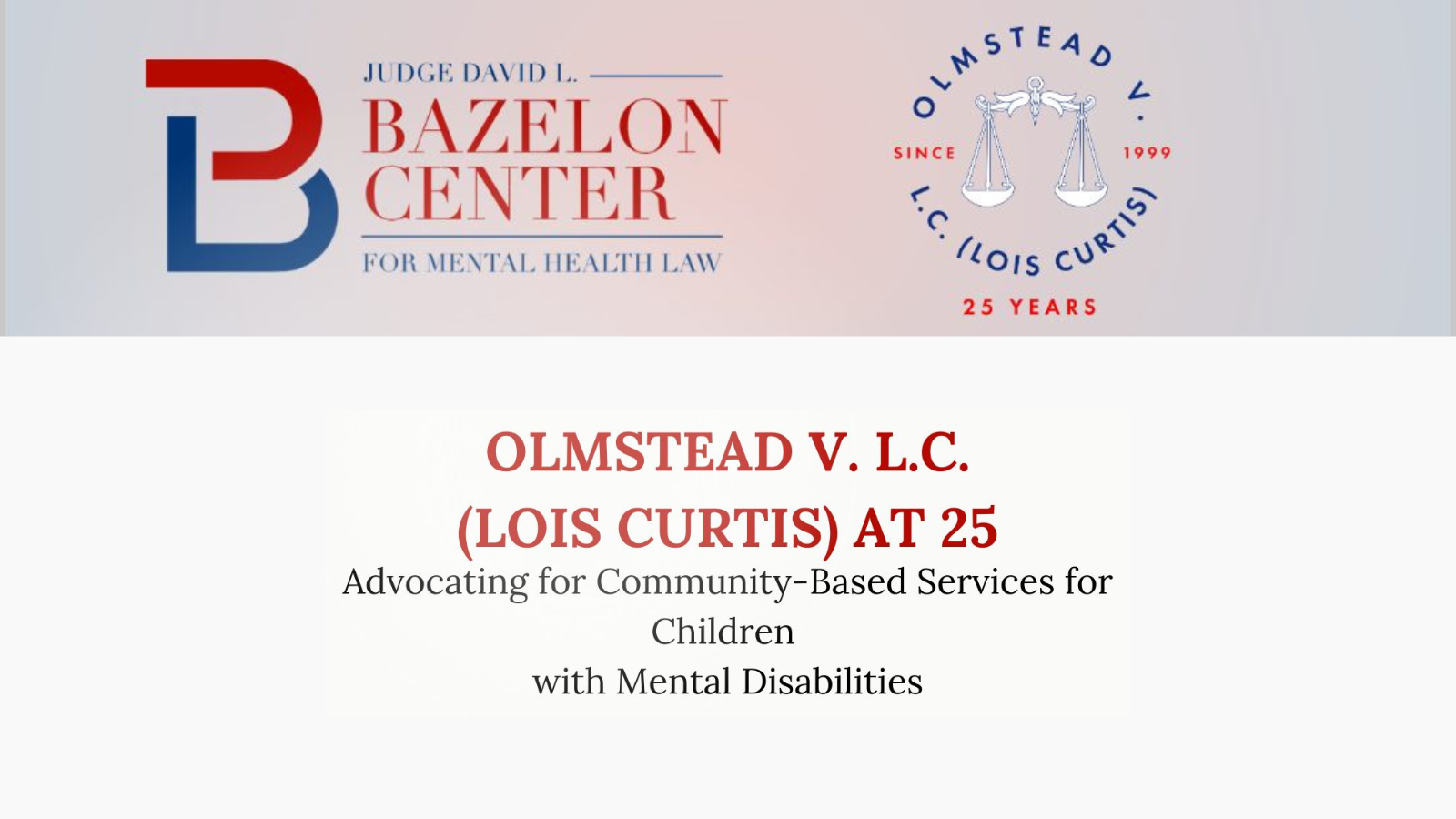Watch out for disaster | EUROPP – Cyber Tech
We dwell in an age the place crises appear to be in every single place. However what will we imply by a “disaster”? Miguel de Beistegui examines how we make sense of crises and explains why we must be cautious about the concept disaster has turn out to be the overall, everlasting state of the world.
Following the collapse of the Berlin Wall, the triumph of liberal democracy and free market economies appeared inevitable. Crises have been to turn out to be one thing of the previous.
In the present day, democracies are in retreat. The world financial system almost collapsed in 2008. The planet is on fireplace. Pandemics are more and more frequent. Battle rages in Ukraine and the Center East.
We’re confronted with an unprecedented and singular historic state of affairs, outlined by the interplay and mutual reinforcement between local weather, political and financial crises. The age of poly- or perma-crisis, outlined as the purpose when crises in international techniques turn out to be mutually entangled and reinforce each other, is upon us.
However will we even know what we imply after we converse of disaster? Is the phrase utilized in the identical sense in each state of affairs, or is it irreducibly polysemic, thereby betraying its obvious unity? Moreover, past questions of signification, ought to we not distinguish between varieties or regimes of disaster, to which we’re subjected, and which govern our lives in methods we’re not all the time conscious of?
Subjective expertise
All of us have a pre-theoretical, intuitive understanding of disaster, rooted in expertise. Disaster is initially a subjective expertise. That have includes at the least three dimensions of our subjectivity, or three of our colleges, which have to be recognised for disaster to turn out to be a real philosophical idea.
First, it’s indissociable from a sure affectivity or emotional state, a few of that are paralysing (anxiousness, melancholy, boredom), whereas others are extra conducive to motion (worry, indignation, anger). As long as a state of affairs will not be skilled in that means, it can’t be skilled as a disaster.
Second, the expertise requires that we make sense of the state of affairs, and due to this fact make use of our college of understanding and significant evaluation. Disaster has a diagnostic or theoretical dimension, which can also be irreducible: it’s all the time the disaster of one thing (a system, a relationship, an establishment).
Third, additionally it is a name to behave, to switch the circumstances of 1’s existence, or rework these of the system in query. In that respect, it additionally sensible: when confronted with a disaster, we really feel that one thing can and must be carried out, though we don’t essentially know what should be carried out.
The phenomenon of disaster
Whereas subjective expertise is a essential part of disaster, it isn’t ample to account for the phenomenon of disaster. In an age outlined by the plasticity of norms, slightly than the inflexible energy of the regulation, crises sign a form of shock imposed on the norms which outline a given system, be it socio-economic, political, bodily, scientific, or aesthetic. However the shock (or violence) at stake varies in form, and never simply diploma.
Thus, mere crises of deviation, similar to these recurrently affecting monetary markets, or hospitals dealing with an epidemic, could be “managed”, while crises of exception, say following a terrorist assault or a pandemic, can require a extra radical response, which is one in every of suspension of the authorized nomos. Whereas the primary designate anomalies, and require technical-administrative options, the second designate a state of affairs of anomie (Carl Schmitt), and the intervention of sovereign energy.
What the 2 interpretations or regimes of disaster have in widespread, although, is their conservative nature: they search ultimately to revive, not rework, the norm. As such, we have to distinguish them from crises of collapse, such because the ecological disaster; and from crises of contradiction, which outline the capitalist mode of manufacturing (at the least in response to Marx) and the historical past of science (at the least in response to Kuhn).
Inasmuch as they have an effect on not simply the norms of the system in query, however its viability, or normativity, that’s, its means to generate options from inside its personal set of norms, they name for the creation of a brand new paradigm and the invention of latest norms. They’re intrinsically revolutionary.
Naturally, we have to distinguish between the norms of the biosphere, that are below assault as the results of human exercise (or, to be extra exact, the exercise of nations of the World North), and the financial and social norms of world capitalism.
The norms of the biosphere, by which I imply its means to self-regulate its local weather and maximise the probabilities of emergence and artistic evolution of life, can’t be changed by artifical norms. However human beings can query the way in which wherein they inhabit – conquer, dominate and exploit – the earth, rework their relation to it and, because of this, stop to erode the normativity of the biosphere.
Hazard
“Disaster” all the time alerts a hazard. But it surely additionally harbours its personal risks, the capability to create new types of hegemony, or energy, or to strengthen current ones. In different phrases, one should stay vigilant, if not sceptical, in direction of the rhetoric, hermeneutics and normativity of disaster, particularly within the context of the rising tendency on the a part of democratic states to “resolve” issues by way of the declaration of the state of exception.
The prognosis of disaster is all the time formulated from a sure discursive place and nearly all the time inside a selected energy dispositive. If the prognosis of disaster is a warning of some form, a critique of disaster can also be a warning in opposition to the dispositive of disaster and its potential sensible – social, financial and political – implications. When informed of a disaster, we must always train warning and never rush to the form of motion or answer we are sometimes informed is preferable or, worse, inevitable.
Equally, when informed that disaster has turn out to be the overall, everlasting state of the world, we must be much more cautious, first as a result of such a prognosis can result in a complete and probably totalitarian answer, and second as a result of by together with all the pieces below the prognosis of disaster, disaster itself runs the danger of turning into meaningless, that’s, of now not being related to the bizarre, the distinctive and the pressing.
Miguel de Beistegui is the writer of A Philosophy of Disaster (College of Chicago Press, forthcoming). He will likely be presenting his work at an LSE occasion on 4 November 2024.
Word: This text provides the views of the writer, not the place of EUROPP – European Politics and Coverage or the London College of Economics. Featured picture credit score: Daboost / Shutterstock.com




